Singapore cabinet changes show PM Lawrence Wong’s consultative approach
Analysts cite moves including Masagos Zulkifli handing over his minister-in-charge of Muslim affairs role and the omission of Ng Chee Meng
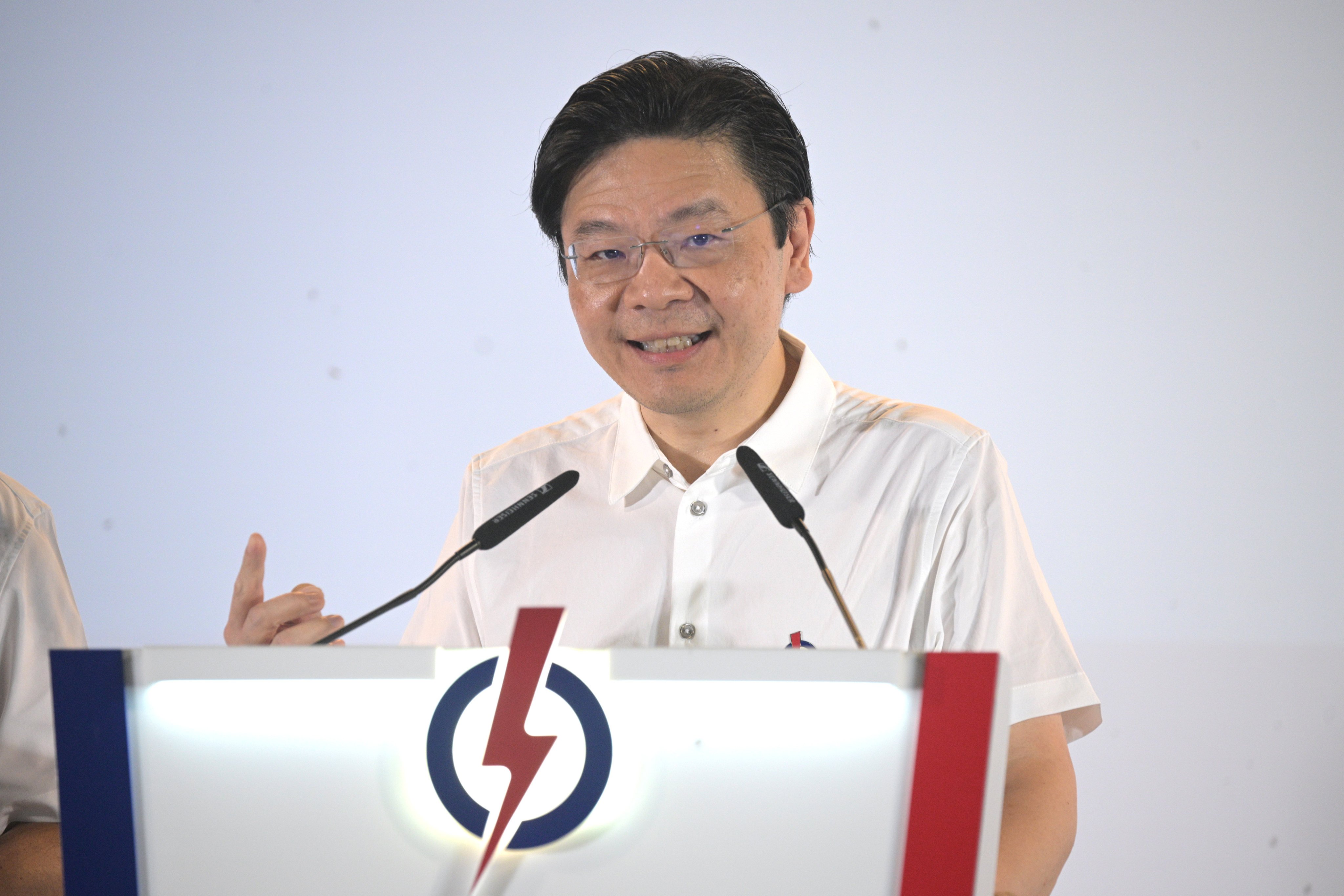
While Singapore Prime Minister Lawrence Wong spoke at length about seeking experience and stability amid uncertain times as he revealed his new cabinet line-up on Wednesday, the changes he made to his team may signal a receptiveness to the people’s mandate.
Two weeks after his party’s decisive win at the general election, Wong was expected to announce shifts to replace retiring ministers such as defence chief Ng Eng Hen, Deputy Prime Minister Heng Swee Keat and Senior Minister Teo Chee Hean.
Among the changes unveiled by Wong, Education Minister Chan Chun Sing will fill the defence spot, and two newly elected faces, former senior civil servant Jeffrey Siow and ex-chief of army David Neo, will become acting ministers for transport and culture, respectively. The appointments will come into effect on Friday.
While analysts pointed out that Wong had selected individuals with prior experience in their sectors to fill gaps, some argued that Wong’s omissions and portfolio shifts were telling of the weight he placed on electoral success.
In particular, Minister-in-charge of Muslim Affairs Masagos Zulkifli, whose team narrowly defeated their Workers’ Party (WP) opponents in Tampines by 52.02 per cent of the vote, will give up his role to Minister of State for Home Affairs Faishal Ibrahim, who will be acting minister.
Meanwhile, former minister Ng Chee Meng, who edged out his WP opponent by some 800 votes in the single-seat ward of Jalan Kayu and has been at the centre of several controversies since the election, was left out of Wong’s line-up.
This reflects the kind of leadership that Wong embodiesFelix Tan, independent political observer
Independent political observer Felix Tan said of the changes involving Masagos and Ng: “This reflects the kind of leadership that Wong embodies, he is more mindful in making decisions that don’t negate voters’ concerns. But for sure, Wong will likely be focusing more on individual leaders’ accountability and performance in their roles.
“It’s a fine balance between responding to the concerns of the masses and the interests of his team. However, that said, it certainly seems that he has listened very carefully to Singaporeans’ concerns when deciding on his team.”
Ng had earlier requested to be left out of Wong’s cabinet, as he wanted to focus on his duties as a member of parliament for his residents in Jalan Kayu and secretary general of Singapore’s labour group National Trades Union Congress (NTUC).
An NTUC secretary general had traditionally held a position in cabinet and Wong said on Wednesday it was his wish for this to be so for his team. “To be clear, this is a temporary arrangement, and I look forward to having the labour chief being part of the cabinet before too long,” Wong said when asked by local media.
But the prime minister did not specify if it meant Ng would be in the cabinet. “I’m in close touch with him, and at some point when he’s ready, when we think that things have improved or stabilised, whether it’s him or whether it’s someone else, I can’t say.”
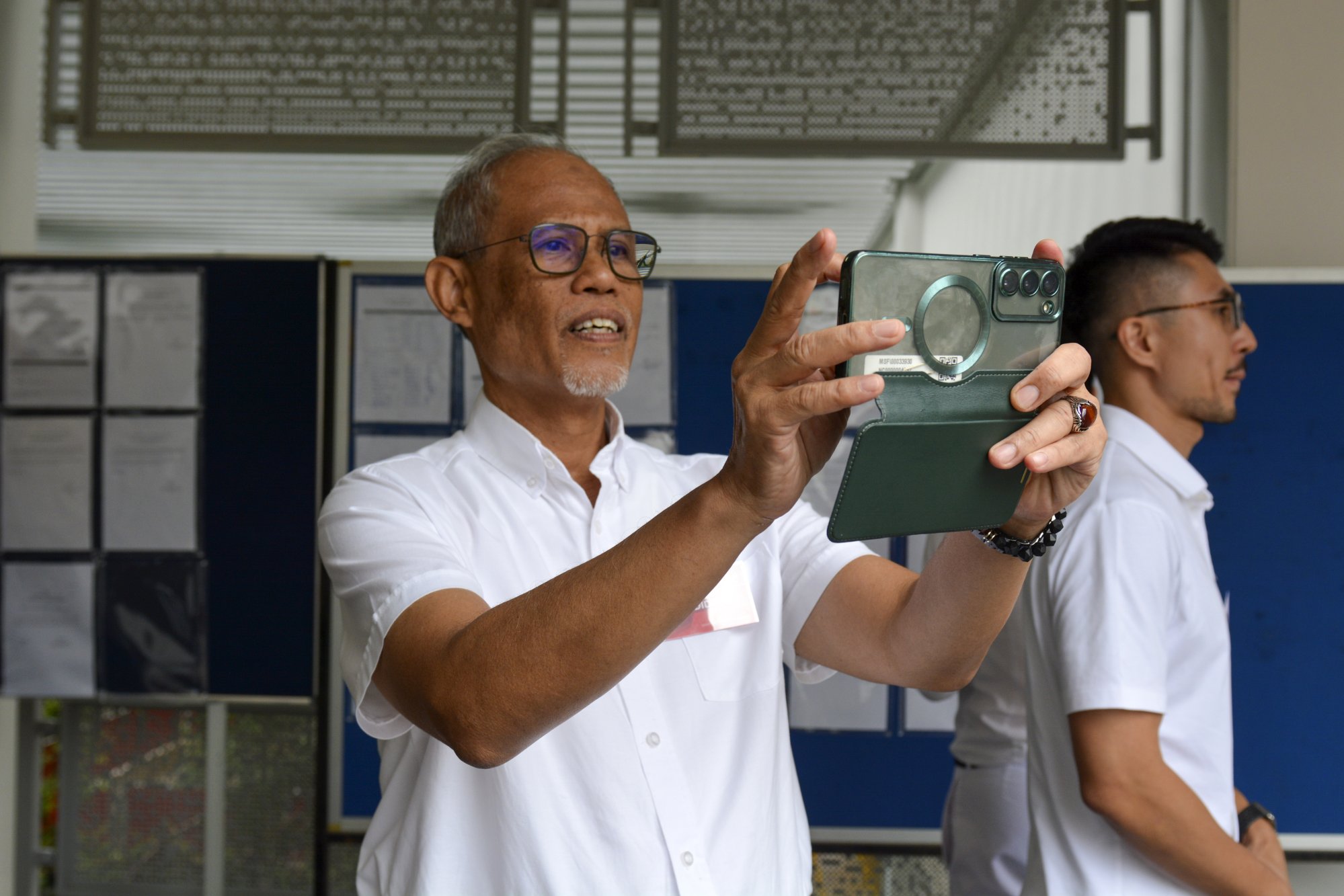
Eugene Tan, a law professor and political observer from Singapore Management University, said Wong’s non-commitment on the matter signalled he did not feel the need to provide any certainty at the moment and that the last thing he wanted was for his line-up to be affected by controversy.
“The door to Ng’s return to the cabinet is left open, but also kept open-ended. It may also be about not losing too many political points from Ng’s chequered return to politics,” Tan said, noting Ng’s presence might “cast a pall” over Wong’s cabinet line-up.
Echoing his sentiments, Inderjit Singh, a former parliamentarian with the ruling People’s Action Party (PAP), said Wong likely wanted to “avoid the negativity” associated with Ng.
In the lead-up to the polls, Ng came under scrutiny for his involvement as labour chief with the blocked sale of home-grown Income Insurance to German insurance giant Allianz.
Last October, the government intervened to stop the proposed acquisition by Allianz of a majority stake in Income, worth S$2.2 billion (US$1.68 billion). News of the deal caused public concern about the nature of the acquisition and whether it would impede Income’s ability to continue with its social mission.
After his win in Jalan Kayu, Ng stated he would not take up a government role, after a photo of him dining with convicted money-launderer Su Haijin circulated online. Ng later clarified he had met people from various walks of life as labour chief and stopped all contact with Su when the latter faced criminal charges.
He also acknowledged online criticism about his aggressive conduct as education minister at a dialogue with trainee teachers in 2017, which had gone viral in the last leg of the election campaign.
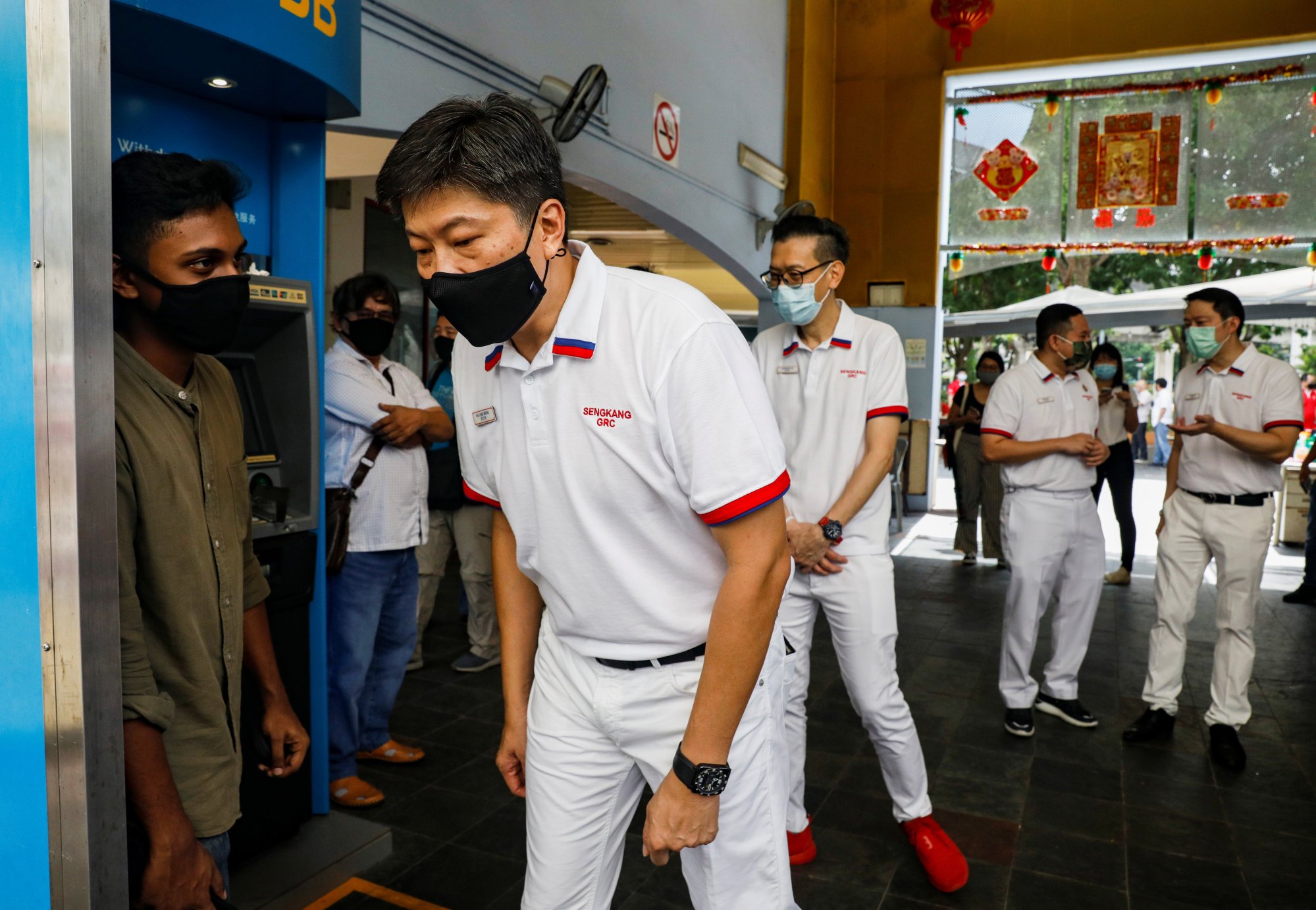
“Ng Chee Meng’s narrow win was a result of the many negative things that came up before and during the general election,” said Inderjit Singh, who predicted Ng would be back in the cabinet in one to two years after cleaning up his image.
“He will have to work hard to do this in Jalan Kayu as well in his role in NTUC,” he said.
For Masagos, who will remain Minister of Social and Family Development, Wong said on Wednesday that the change was discussed with him and they agreed that it was time for a “new generation of leaders to take over this portfolio”.
Masagos’ replacement, Faishal, is five years his junior, but both entered politics in 2006.
Bilveer Singh, a political scientist and associate professor at National University of Singapore, said: “There is no negative image around Faishal, unlike with Masagos.”
He noted that members of the Malay-Muslim community had voiced concerns during the campaign period about the way Masagos took too long to speak up against former nominated MP Calvin Cheng who said he would pay for the flights of pro-Palestinian activists in Singapore to Gaza.
Felix Tan noted that the response that the PAP got from the Muslim community clearly showed that Masagos could have done many things better and by making the switch, Wong was telling the community that he had heard their concerns.
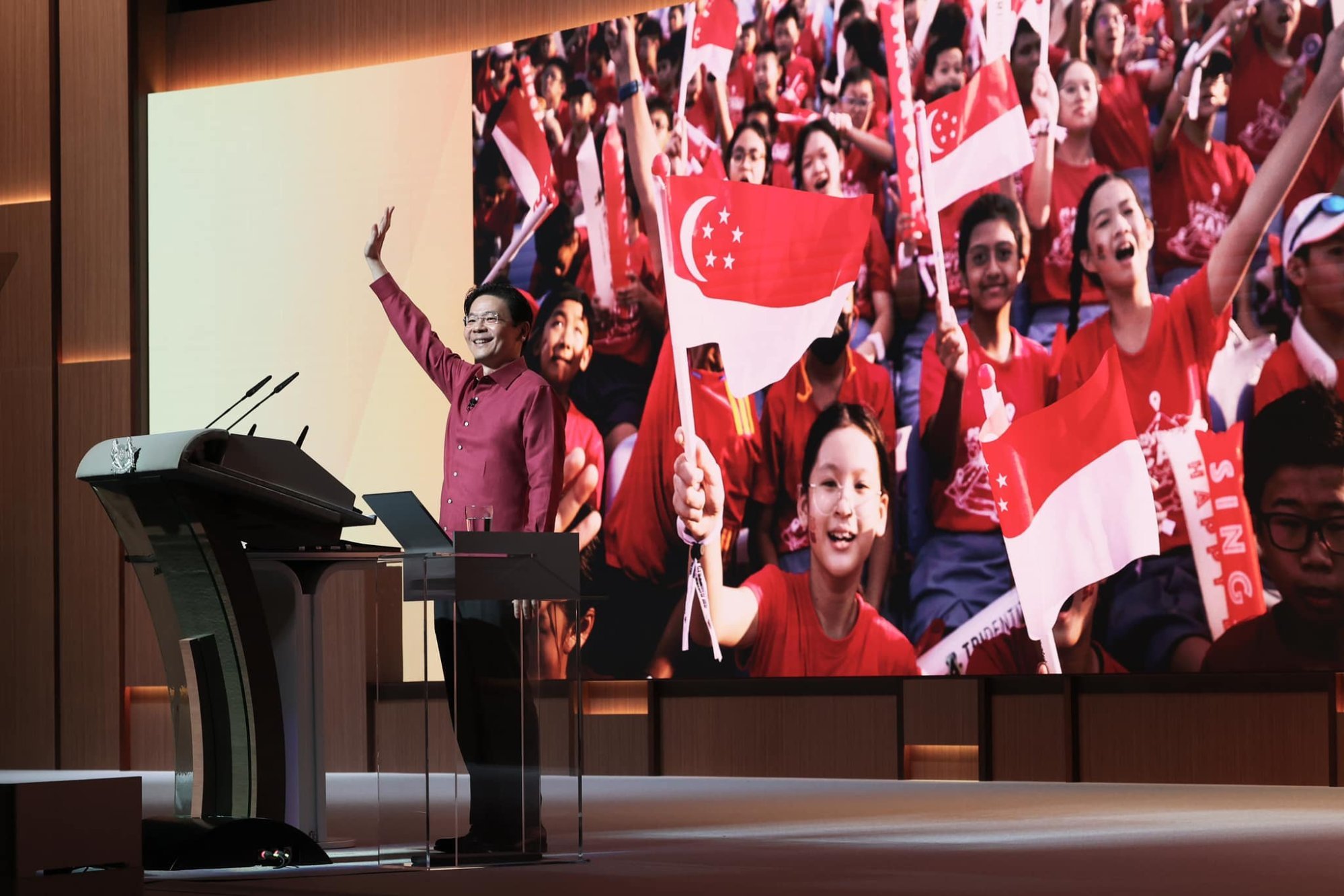
“Given how the electorate has responded, as a prime minister who says that he will hear, listen and cooperate with Singaporeans, I think this is a way to show Singapore that he has taken the feedback in a positive manner,” said Felix Tan.
However, Malminderjit Singh, a political observer, said that electoral performance was unlikely to be the main determinant for cabinet appointments, pointing out that the aspirations of younger Muslims had evolved and hence, would require a younger leader to represent them.
“As for Masagos, again it was already speculated for some time, and certainly before the 2025 general election, that he would be stepping down from his Muslim Affairs role,” he said.
No 4G deputy but the race is on
While many have anticipated Wong to finally choose a deputy from his fellow fourth-generation of leaders, or the 4G as they are known locally, Wong will retain Trade and Industry Minister Gan Kim Yong – who said last year that he was “not quite 4G” in the cabinet – as his sole deputy.
There are typically two deputy prime ministers but it is not unprecedented for Singapore’s cabinet to have one, as was the case most recently when Heng, initially chosen to succeed Wong’s predecessor Lee Hsien Loong, was the only deputy between 2019 and 2022.
Wednesday’s line-up marked the second reshuffle under Wong’s leadership where he opted not to select a new 4G deputy prime minister after Wong made slight changes to the cabinet last May.
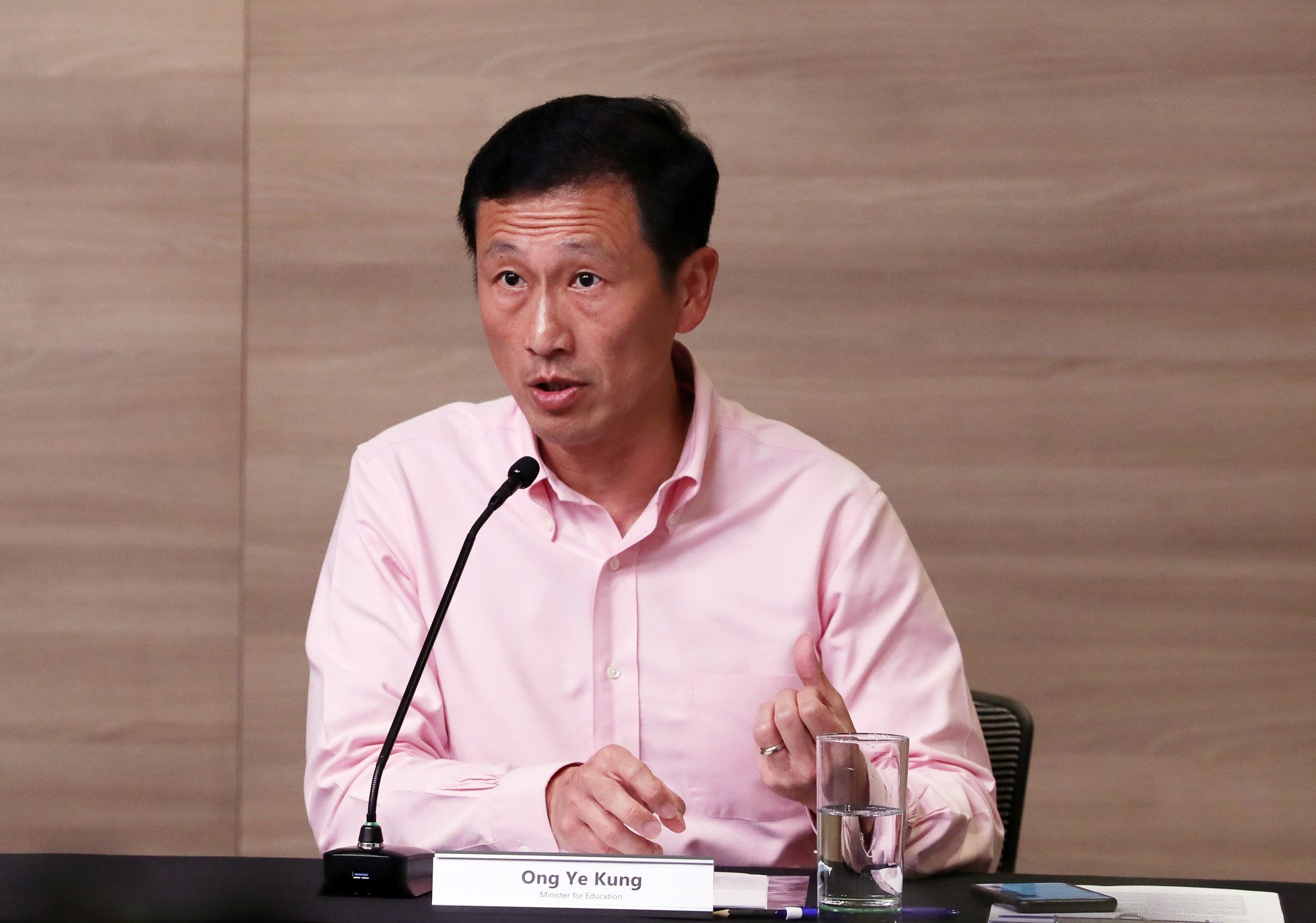
Yet his new cabinet will see the introduction of three coordinating ministers, of which two are from the 4G. The role of coordinating minister is typically held by the top ranks of the party; previous coordinating ministers include Teo, Heng and President Tharman Shanmugaratnam.
Aside from long-serving Home Affairs and Law Minister K Shanmugam, who will be the coordinating minister for national security and handing over his law portfolio, the two other roles were given to Chan, who will be appointed coordinating minister for public services, and Health Minister Ong Ye Kung, who will be coordinating minister for social policies.
Still, the path to deputy prime minister was “not set in stone”, said Eugene Tan. “Both coordinating ministers are arguably the front runners. But the field is still open for others,” he said, singling out National Development Minister Desmond Lee who would move to lead the education ministry.
Bilveer Singh argued that both Chan and Ong could also both be selected as deputies in a future reshuffle to replace Gan. “Once Wong shows his preference, it could create fractures which is the last thing any new PM in Singapore would want to do because both Chan and Ong are strong personalities and are very capable.”
He agreed and said Wong’s cabinet reshuffle had not thrown up big surprises or changes, giving him more time to establish himself as a leader and to work on the dynamics of his 4G team.
“His most important challenge now is developing the 4G as an organic team so that they work together to address external challenges facing the nation and the internal domestic struggles with social cohesion.”